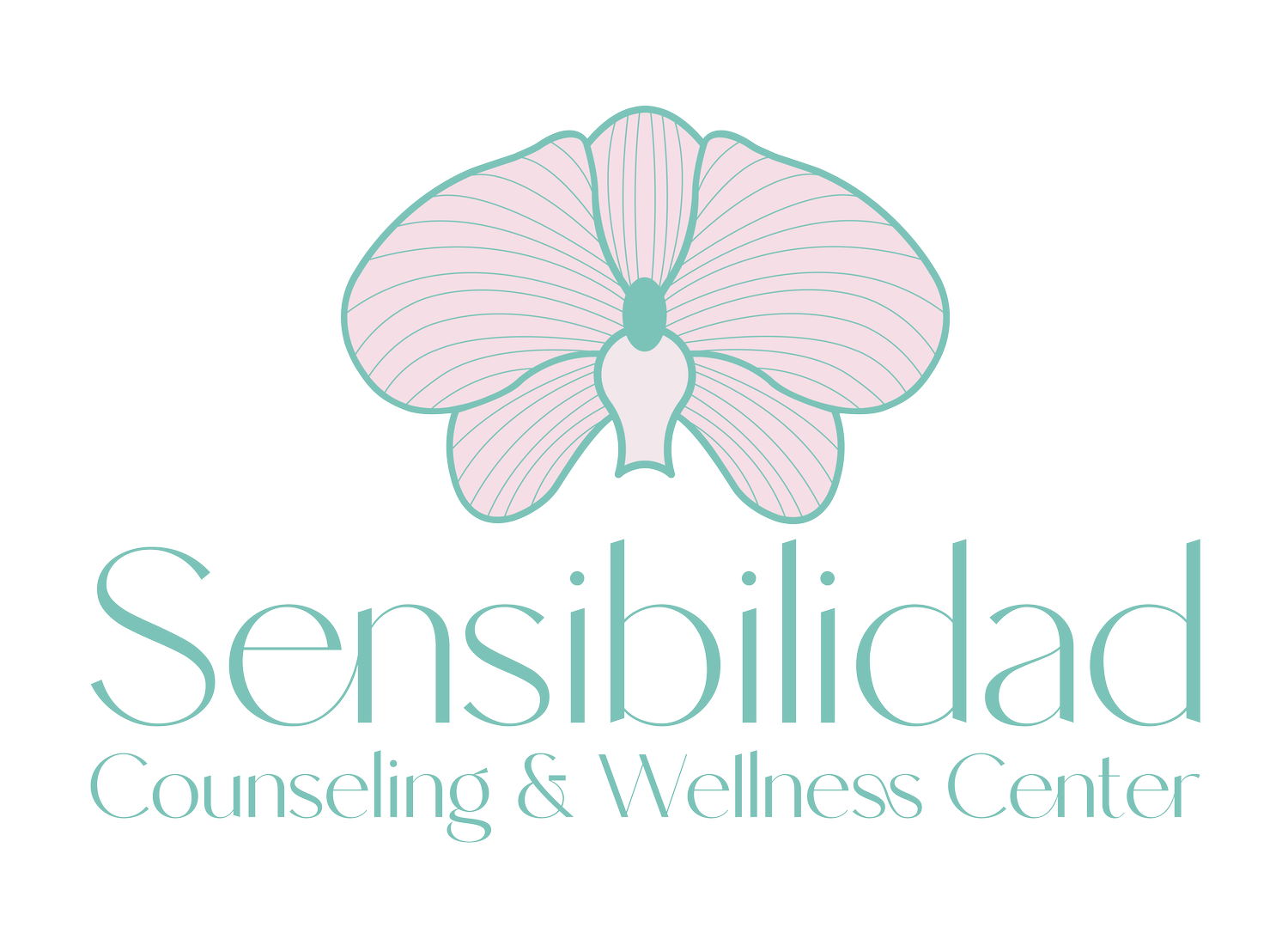
Therapy for Empaths & HSPs
Are you one of the remarkable people who belong to the 10-20% of the population known as Highly Sensitive People (HSPs)?
Dr. Elaine Aron, PhD, identified this unique trait as Sensory Processing Sensitivity, which is not a disorder but a heightened state of awareness.
If you find yourself experiencing the world more intensely than others, you may be an HSP.
Understanding Sensory Processing Sensitivity (SPS)
Sensitivity is a trait that manifests in the brain as Sensory Processing Sensitivity (SPS). SPS means that your central nervous system processes information, physical stimuli, and mental, social, and emotional stimuli more deeply. This can lead to intense experiences, overstimulation, and higher levels of stress.
Fascinatingly, this trait isn't limited to humans; it's found in other species like mice, dogs, horses, birds, and more.

The Science of Sensitivity
If you have a highly attuned and sensitive nervous system, you may recognize these primary characteristics:
Depth of Processing: You process information with intensity, attunement, and a remarkable ability to linger in thought.
Overstimulation: Your senses can become easily overwhelmed by the world's stimuli.
Emotional Responsiveness & Empathy: You possess a profound capacity for emotional understanding and empathy.
Sensitivity to All Subtleties: You're acutely responsive and aware of your surroundings, picking up on even the most delicate nuances.
The Challenges You May Face
While your sensitivity is a gift, it can come with its unique set of challenges:
Sensory Overload: You might experience sensory overload, which can be exhausting and stressful.
Low Self-Esteem: Society often tells you that you're "too sensitive," which can lead to low self-esteem.
Anxiety & Depression: Your heightened sensitivity may make you more prone to anxiety and depression.
People-Pleasing: You might struggle with setting boundaries and saying "no" to others.
Low Pain Threshold: You may have a low threshold for physical and emotional pain.
Emotional Burnout: Exhaustion from absorbing the emotions of others is not uncommon.
Isolation: Feeling different can lead to isolation and loneliness.
Self-Doubt: You may have wondered if something is "wrong" with you or if you're somehow broken.
Empathic Abilities: You may identify as an empath, absorbing the energy of others and sometimes feeling emotionally drained.

Your Journey to Healing A 3-Step Method:
Connect, Protect, & Nourish
We understand that your path to healing is unique, and that's why our therapy approach for empaths and highly sensitive individuals is tailored to you.
Our 3-step method is based on 4 main areas: cognitive-behavioral, interpersonal, physical, and spiritual.
Step 1: Connect
This is where the journey begins. We work on strengthening your identity, boosting your self-worth, and connecting with your roots—your ancestors—and your higher power (however you define it). Together, we reframe your self-perspective and empower you to embrace your sensitivity as a strength.
Step 2: Protect
Your sensitive soul deserves protection. In this step, we teach you to create healthy boundaries, differentiate yourself from others, and safeguard your energy. We'll help you build a life of balance and peace and build healthy relationships with yourself & others.
Step 3: Nourish
Intentional self-care is the cornerstone of your well-being. We use a holistic approach & ancestral healing techniques to guide you to take care of and nourish your body, mind, soul, and relationships.
The Power of Understanding
Knowing and understanding yourself is life-changing. Being seen and understood, rather than pathologized, is liberating.
Our therapy is a safe space where you can explore, heal, and grow on your terms.
If you're a sensitive, empathetic person, our therapy is tailored to you.
Embrace your sensitivity, find your balance, and flourish in a world that sometimes feels overwhelming.






